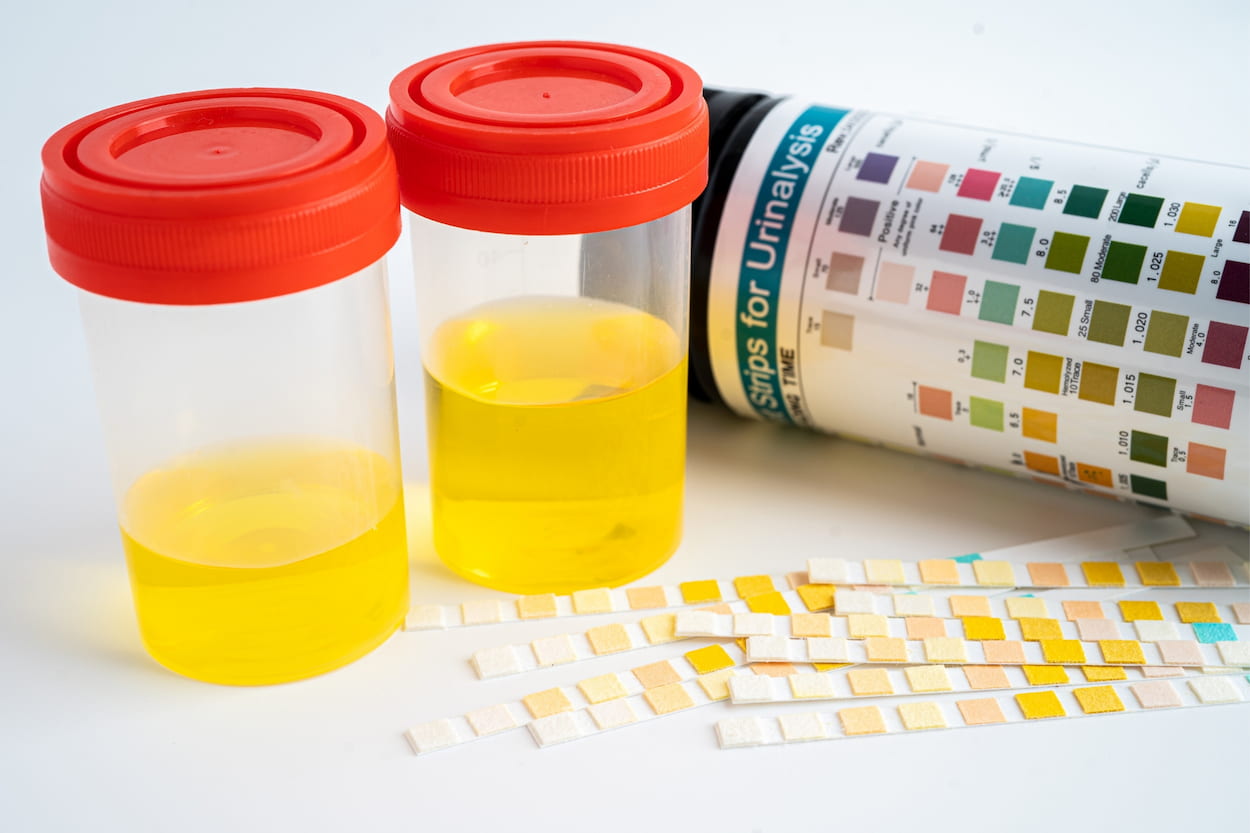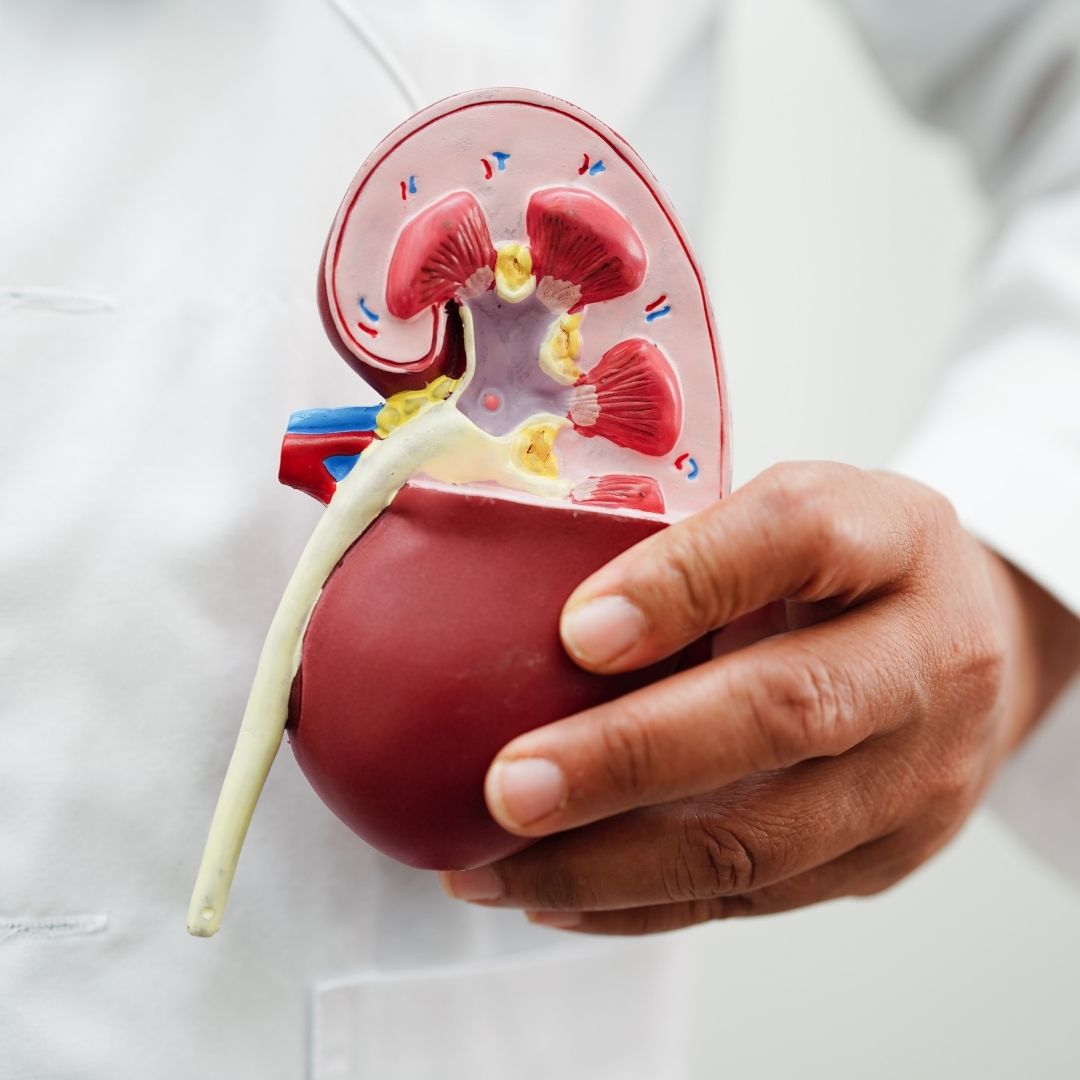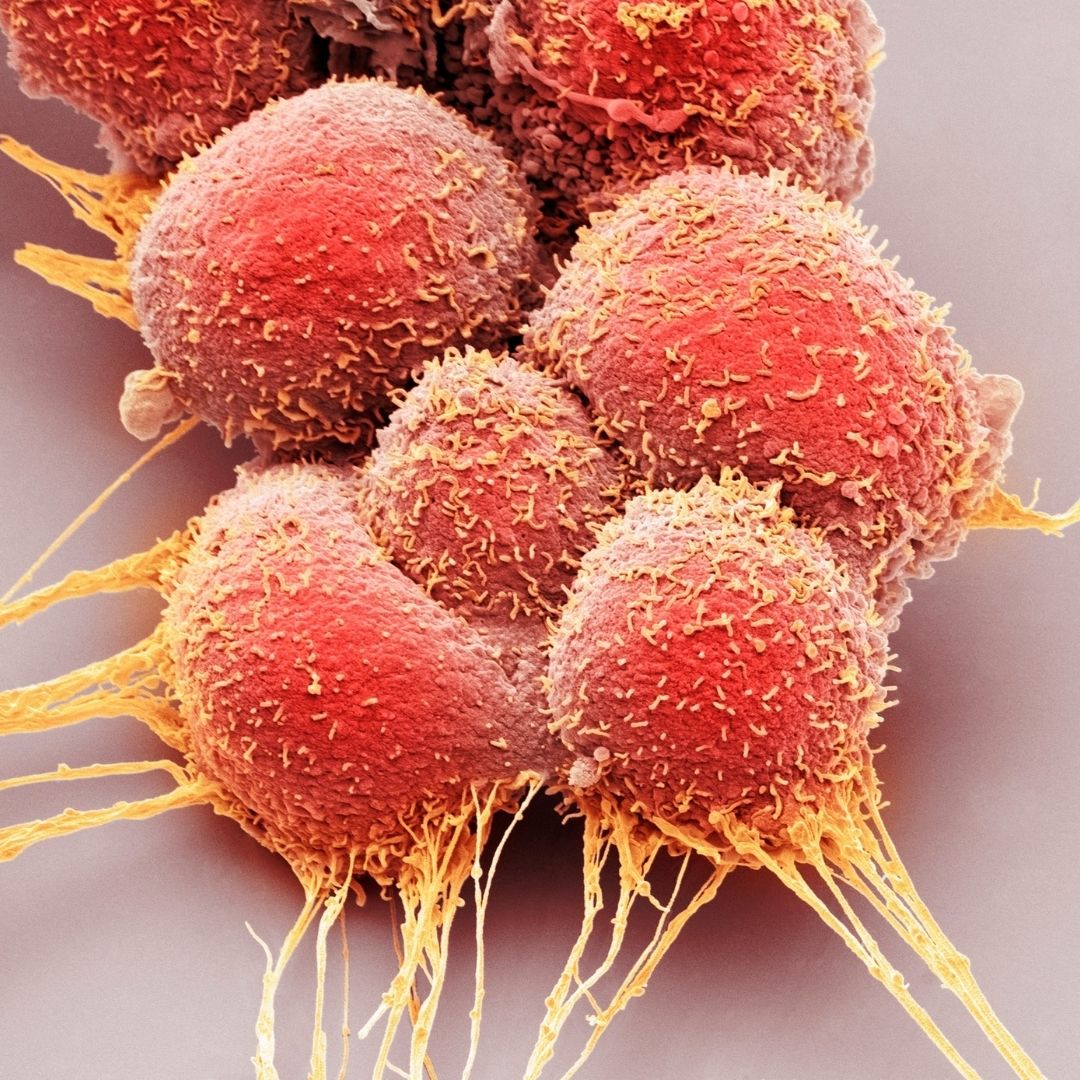.jpg)
Vasectomy and Prostate Health
A vasectomy is a permanent form of birth control for men that involves cutting or blocking the tubes that carry sperm from the testicles to the urethra. It is a safe and effective procedure, but many men are concerned about its potential impact on prostate health. In this article, we will explore the relationship between vasectomy and prostate health and answer some common questions.
What Is Vasectomy?
Before we dive into the relationship between vasectomy and prostate health, let’s take a moment to understand what a vasectomy is. As we mentioned earlier, a vasectomy is a permanent form of birth control for men. It involves cutting or blocking the vas deferens, the tubes that carry sperm from the testicles to the urethra. This prevents sperm from being ejaculated during sex, making a man sterile.
Vasectomy is a safe and effective procedure that is performed on an outpatient basis. It can be done using a variety of techniques, including traditional surgery, no-scalpel vasectomy, and vas clip vasectomy. The procedure usually takes less than 30 minutes and can be performed under local anesthesia. Most men recover quickly and can resume normal activities within a few days.
Can a Vasectomy Cause Prostate Problems?
One of the most common concerns men have about vasectomy is whether it can cause prostate problems. Some studies have suggested that men who have had a vasectomy may be at a slightly higher risk of developing prostate cancer or benign prostatic hyperplasia (BPH), a non-cancerous enlargement of the prostate gland. However, the overall risk is very small, and the evidence is not strong enough to establish a causal relationship.
According to the American Urological Association, there is no conclusive evidence that vasectomy causes prostate cancer or BPH. The association also notes that the risk of developing prostate cancer after vasectomy is similar to the risk in men who have not had a vasectomy. However, some studies have found a slightly increased risk of aggressive prostate cancer in men who have had a vasectomy, but the evidence is still inconclusive.
Does a Vasectomy Cause BPH?
BPH is a common condition that affects many men as they age. It is characterized by an enlargement of the prostate gland that can cause urinary symptoms such as difficulty urinating, weak urine flow, and frequent urination. While some studies have suggested that vasectomy may be associated with an increased risk of BPH, the evidence is not conclusive.
A large-scale study published in the Journal of Urology in 2013 found no association between vasectomy and BPH. The study followed more than 12,000 men for 20 years and found that the risk of developing BPH was similar in men who had a vasectomy and those who did not. While some studies have found a slight increase in BPH risk after vasectomy, the overall evidence suggests that the risk is minimal.
How Much Does a Vasectomy Increase the Risk of Prostate Cancer?
Prostate cancer is a common cancer in men, and many factors can increase the risk of developing it. Some studies have suggested that vasectomy may be associated with a slightly increased risk of prostate cancer, but the evidence is not strong enough to establish a causal relationship.
According to the American Urological Association, the risk of developing prostate cancer after vasectomy is very small. A large-scale study published in the Journal of the American Medical Association in 2017 found that vasectomy was not associated with an increased risk of overall, low-grade, or high-grade prostate cancer. However, the study did find a slight increase in the risk of advanced or lethal prostate cancer in men who had a vasectomy, but the overall risk was still very small.
Do Men Last Long After Vasectomy?
One of the common myths surrounding vasectomy is that it can affect a man’s sexual performance or lead to premature ejaculation. However, there is no evidence to support these claims.
A vasectomy only affects the flow of sperm and does not interfere with the production of hormones or the ability to achieve an erection or orgasm. Many men report improved sexual satisfaction after vasectomy because they no longer have to worry about the risk of unwanted pregnancy.
Can Vasectomy Cause Urinary Problems?
Another concern men may have about vasectomy is whether it can cause urinary problems. While some studies have suggested that vasectomy may be associated with an increased risk of urinary tract infections (UTIs), the overall evidence is not conclusive.
A large-scale study published in the Journal of Urology in 2014 found no association between vasectomy and the risk of UTIs. The study followed more than 80,000 men for up to 24 years and found that the risk of UTIs was similar in men who had a vasectomy and those who did not. However, some studies have suggested that men who have had a vasectomy may be more likely to experience post-vasectomy pain syndrome (PVPS), a condition characterized by chronic pain in the testicles or scrotum. PVPS can cause discomfort during sex and may require medical intervention.
The Study of Vasectomy and Prostate Health
A comprehensive study published in the Journal of Urology in 2020 examined the potential relationship between vasectomy and prostate health. The study analyzed a large cohort of over 50,000 men who had undergone vasectomy and followed them for an extended period. The findings of the study indicated that there was no substantial increase in the risk of developing prostate cancer or benign prostatic hyperplasia (BPH) among men who had a vasectomy compared to the general population. This extensive research contributes to the understanding that the overall risk of prostate problems following vasectomy is minimal, providing more reassurance to men considering this form of birth control.
Conclusion
In conclusion, vasectomy is a safe and effective form of birth control for men. While some studies have suggested that vasectomy may be associated with an increased risk of prostate problems, including prostate cancer and BPH, the overall evidence is not strong enough to establish a causal relationship. The risk of developing prostate problems after vasectomy is very small, and most men experience no negative effects on their prostate health.
It is important for men to discuss any concerns they may have about vasectomy and prostate health with their healthcare provider. A thorough understanding of the risks and benefits of vasectomy can help men make informed decisions about their reproductive health.
As with any medical procedure, there is always a risk of complications or side effects. However, the risks of vasectomy are minimal, and most men recover quickly and resume normal activities within a few days. By choosing vasectomy as a form of birth control, men can enjoy a reliable and long-lasting method of contraception that does not require ongoing maintenance or use of hormonal medications.




